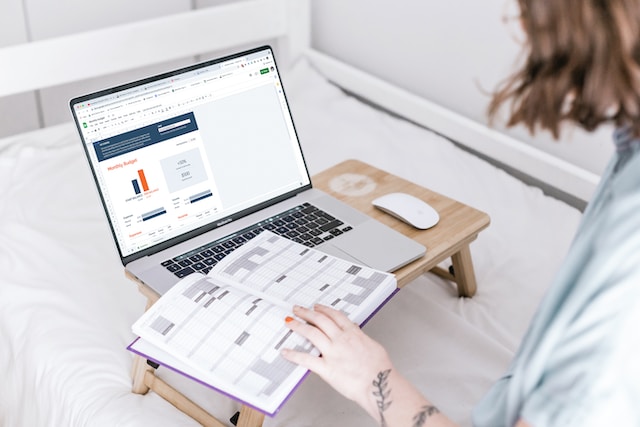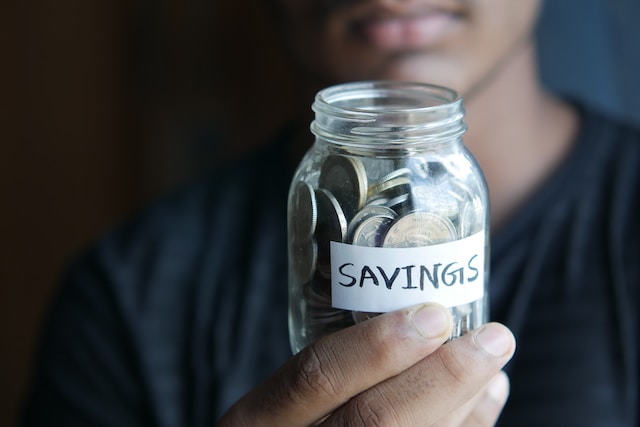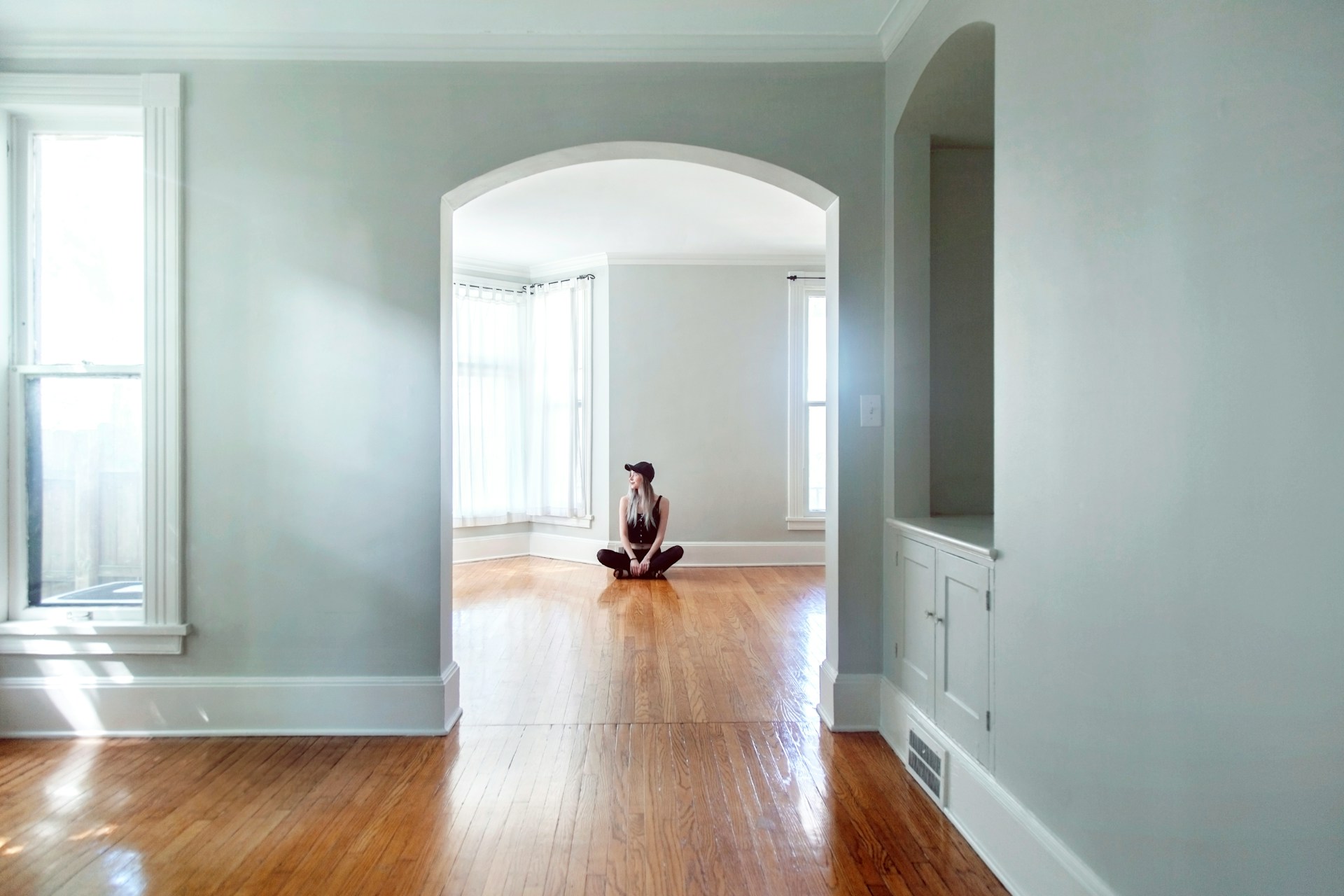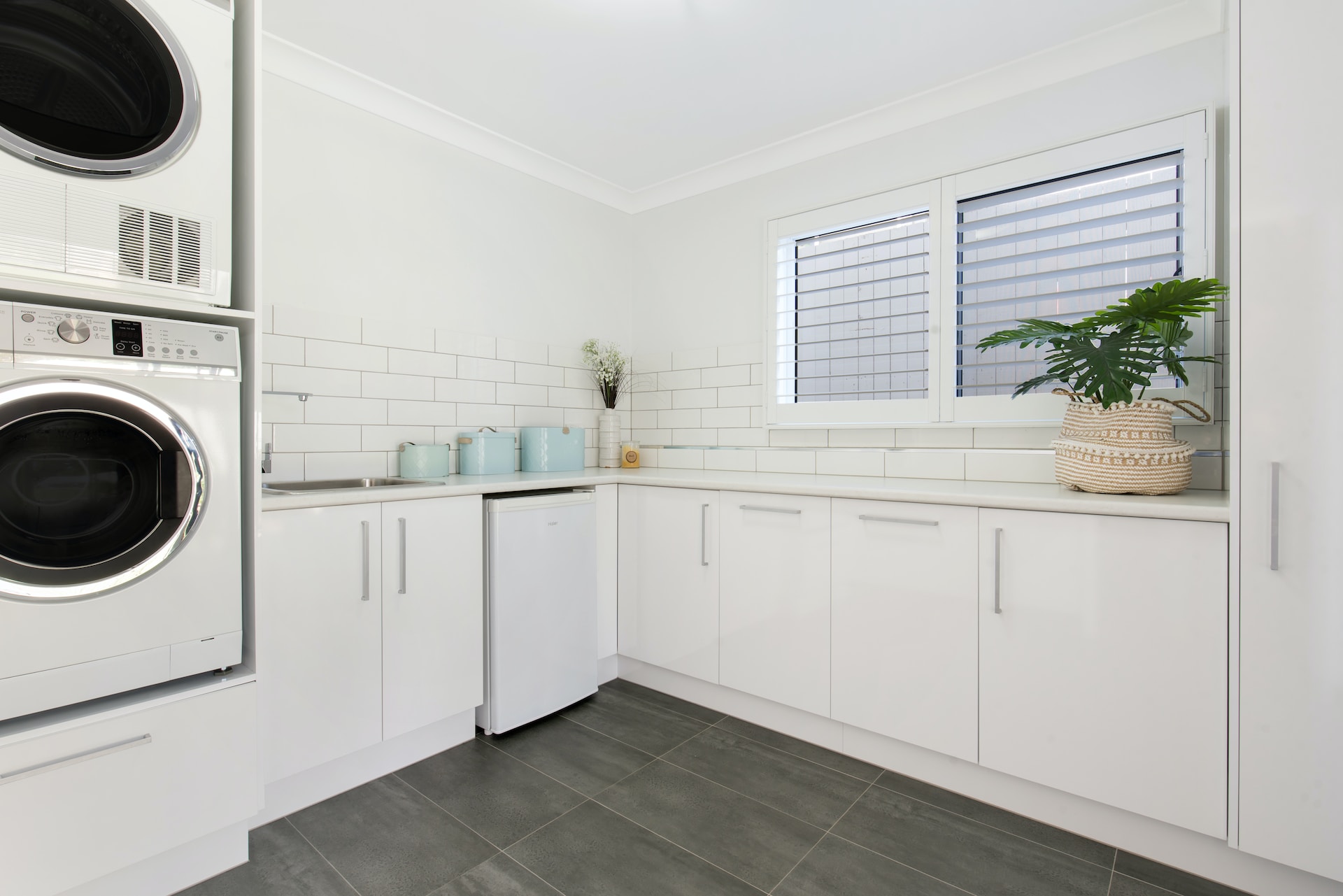
Whether you’re planning to rent an apartment, condo, single-family home, or townhouse, it’s important to come up with a budget to help you stay financially secure. Finding an affordable place can be difficult if you’re actively looking for a new place to rent. Fortunately, with the right renter’s budgeting strategies, you can find the place of your dreams, enjoy life, and buy the things you need. First-time renters today face various obstacles, including rising rental costs, fewer available inventory, and ever-increasing inflation. By setting some financial aspirations and goals and using smart budgeting tips, you can combat these obstacles and live comfortably in the process. This guide will help you gain control over your financial situation so you can make responsible decisions about your hard-earned money. With the right tools and mindset to navigate life’s many financial challenges, you can stay resilient and adapt to today’s ever-changing financial landscape.
Understanding your rental expenses
Part of the realistic budget creation process is knowing your expenses in advance so you can prepare. There are several common rental-related expenses that every renter should be aware of before they sign a lease. These expenses can include:
Utilities: Your utilities should include power (gas and/or electric) and things like cable TV or TV subscriptions and Internet services. Some rental properties may also charge tenants for water. Read your lease carefully to know which utilities you’ll be responsible for.
Deposits: Before renting a new place, you’ll be expected to pay a security deposit. In most cases, this is at least one month’s rent in advance, but some landlords may charge the first and last month’s rent upfront. If you have pets living with you, you’ll also pay an additional (usually non-refundable) pet deposit to cover potential damages.
Parking fees: Depending on where you live, you may need to pay a separate fee to park in front of your apartment or inside a parking garage. Make sure you’re aware of these fees in advance. If you can avoid owning a vehicle and take mass transit instead, you’ll be able to save a significant amount of money.
Maintenance: Most standard maintenance should be covered by your lease since the landlord or a property management company will cover costs if something goes wrong. However, you’ll be responsible for replacing items like burned-out lightbulbs and changing the HVAC air filter. Consider the maintenance costs you’ll need to pay and put some money aside if you need to take care of issues as they arise.
It’s important to note the difference between fixed and variable costs. A fixed monthly cost remains the same, like your rent and parking fee. Variable costs change and are usually based on usage, such as your energy bill.
Differentiating the two will help you plan a budget much more efficiently.
Creating a realistic budget
Whether you own a home or rent, creating a realistic, practical household budget is vital. Here are some tips to help you set and achieve your financial goals.
Calculate your monthly income
The first step of planning any budget is to determine what your monthly income is. Make sure you include all sources of income besides your salary, including money you make from freelancing, side gigs, selling items online, or any other form of supplemental income you receive. Once you tally your income, remember to calculate the net income. Your net income will be the total amount of money you “take home” every month after taxes, health insurance, and other costs are taken out. Keep track of this income, as it will determine how much rent and other expenses you can afford.
List your monthly expenses
Knowing what your monthly expenses are each month will help you practice good rent payment management. Create a detailed list of your regular and irregular expenses and put them in different categories. The rent, car payment, and insurance are some regular expenses you might incur. Irregular expenses typically include groceries (which can easily fluctuate monthly) and utilities that could change based on how much you use. Once you’ve created your list, review each item and decide which things you could potentially cut back on or remove from your budget, if possible, to help you save.
Here’s an example of some of the regular and irregular monthly expenses you might have to pay:
- Rent (regular)
- Utilities like water, gas, or electricity (irregular)
- Phone, Internet, and cable (regular)
- Transportation including monthly car payments, insurance, parking, and gasoline (both regular and irregular)
- Groceries (irregular)
- Health insurance and renter’s insurance (regular)
- Monthly debt payments for loans and credit cards (costs may go down as your balance decreases)
- Personal items like clothing, toiletries, haircuts, and laundry (irregular)
- Entertainment like concerts or going out to eat (irregular)
Most of the irregular expenses can easily be adjusted to fit your budgetary needs. For example, you can always avoid going out to dinner, stop buying new clothes, or stop getting your hair done for a month if you need to save extra cash. Regular expenses like insurance, rent, and debt payments are non-negotiable and should always remain in your monthly budget.
Emergency funds and non-planned expenses

Saving money for an emergency is an important step in your budgeting plan, and it will give you peace of mind. There are several instances where you may need extra money to cover the cost of an emergency, including a car breakdown or a sudden health issue. You could also lose a job or be unable to work, which will put you under serious financial pressure if you don’t have any income coming in.
There are also other expenses that some renters may forget about when creating a budget, including the cost of renter’s insurance to protect your belongings, recurring monthly pet fees, or late payment fees you might incur if you’re late on rent. Having an emergency fund ensures you’ll have the cash you need if any of these issues arise, and you won’t need to take money from your usual income to handle them.
Here are some tips to help you build and maintain an emergency fund:
- Save extra money when you receive a bonus or have a lower-than-expected monthly bill.
- Keep enough money to cover at least three to six months of expenses.
- Put your money into a high-yield savings account so you make more over time.
- Place emergency savings in a separate account so it doesn’t get mixed with other cash flow used to pay your bills and regular expenses.
- Tap the emergency account only when you need it and don’t have money to cover unexpected costs otherwise.
- Replenish any funds you use from your emergency fund as soon as possible.
Adjust your budget and plan for the future
Calculating your income and costs is just the first step to drafting a solid renter’s budgeting plan. It’s also important that you start to adjust your budget to help you plan for the future. Start by reviewing your monthly expenses breakdown every month and look for ways you can save and invest that money elsewhere. Put your money in an investment account that will grow over time, such as a 401(k), a CD, or a money market account. If you’re unsure where to put your money, consult a professional financial advisor who can help you make the best decision based on your lifestyle and needs.
Retirement planning is also important for renters, just like homeowners. If your employer has a retirement savings plan, determine how much you want to contribute monthly. Some employers will also match the amount you contribute to a certain percentage. An IRA or individual retirement account is another way to help your money grow. These accounts allow you to contribute up to $6,000 yearly without tax implications. Find out whether a Roth or a Traditional IRA is the best option. The earlier you can start saving and planning, the more money you’ll have when you’re ready to retire, regardless of your housing status.
Review your budget regularly

Setting up a budget and planning for retirement are important steps in a good financial plan. However, you should also be prepared to adjust your budget based on any changes in your income or expenses. If you start earning more money at work, consider putting that extra cash away in your retirement or emergency fund savings. If your expenses decrease, you can do the same with the extra money you save. Review your budget every month or two to look for changes, and then determine ways you can slash costs to help you save more.
Here is an example of how to calculate your monthly income versus expenses to determine how much of a “surplus” you’ll have left over every month:
- Let’s say you have a net income of $3,500 per month, which is the amount of money you take home after taxes.
- Your rent is $1,400 monthly, and your utilities are typically around $250 monthly.
- You pay $150 per month for Internet and phone service.
- The cost of your monthly insurance is around $125, which may include car and renter’s insurance.
- On average, you pay around $200 monthly for groceries and another $200 for entertainment and personal items.
- The total of your monthly expenses would be $2,325, which leaves you with a surplus of $1,175 each month.
You can take that surplus cash into savings, invest it for retirement, or use it to help pay down your debt so that your monthly recurring costs are lower moving forward.
Remember that these numbers are just an example; your income, rent, and the exact cost of all your monthly expenses may differ.
Know the difference between homeowner’s and renter’s insurance
No matter where you live, you’ll need some form of insurance to protect your home and belongings. Homeowner’s insurance covers replacing a home’s structure and the belongings inside. It also covers liability costs if someone becomes injured on your property. Renter’s insurance isn’t quite as complicated and typically only covers the replacement cost of your belongings. The building structure is usually covered separately by the landlord or property management company’s insurance policy.
Homeowner’s insurance costs more than renter’s insurance because it covers much more. It’s also included in a mortgage escrow account and is part of a homeowner’s monthly mortgage payment. Renters will need to purchase their own renter’s insurance policy separately, but it typically only costs around $12 per month, or $148 per year on average. As a renter, you’ll need insurance if something happens, such as a burglary, fire, or flood. If these covered “perils” occur, your insurance policy will cover the cost to replace any items that are stolen or damaged when you file a claim.
Lifestyle and budget-friendly tips
Creating and sticking to a budget will keep you on track and help you maintain a lifestyle you can enjoy and afford. Here are some ways to save money on daily expenses and implement frugal living strategies.
- Plan your meals ahead and only purchase groceries you’ll eat every week.
- Make your lunch at home and bring it to work with you. You can also do this with coffee, so you’re not spending extra money on going out to lunch or visiting the local coffee shop every day.
- Cancel recurring subscriptions you don’t use and look for ways to combine services like Internet, phone, and cable so you pay less.
- Dye and/or cut your hair at home instead of going to the salon.
- Consolidate your debts if possible so you’re paying less interest and making just one monthly payment.
- Avoid incurring more debt by only paying for items in cash rather than using your credit card.
- Reduce utility usage by implementing energy-saving strategies like using a programmable thermostat, insulating doors and windows, and using a ceiling fan instead of the air conditioner.
- Use mass transportation instead of buying a car to save on auto insurance, gas, parking, and maintenance costs.
- Consider carpooling with coworkers to help save if you need to drive to and from work.
- Start and build an emergency fund early to grow over time and give you security and peace of mind.
- Put extra money into savings or a retirement account to help you plan for the future.
- Make some eco-friendly natural cleaning supplies that are safe, affordable, and healthy. There are several options you can try to make yourself by researching various formulations online.
- Call your insurance, utility, and credit card companies and see if you negotiate things like the monthly cost or interest rate to bring your recurring costs down.
- Look for discounts on travel and insurance, as many companies offer discounts to students, former or active military members, and seniors.

Use these tips on budgeting for renters to help you become more confident and financially secure. With the proper budget planning strategy and discovering new methods to save money in as many ways as possible, you can enjoy living worry-free in the place of your dreams. It’s important to be realistic when budgeting, but implementing a good strategy now will make the process easier. If you implement these tips as a renter, you can confidently take control of your financial future.



